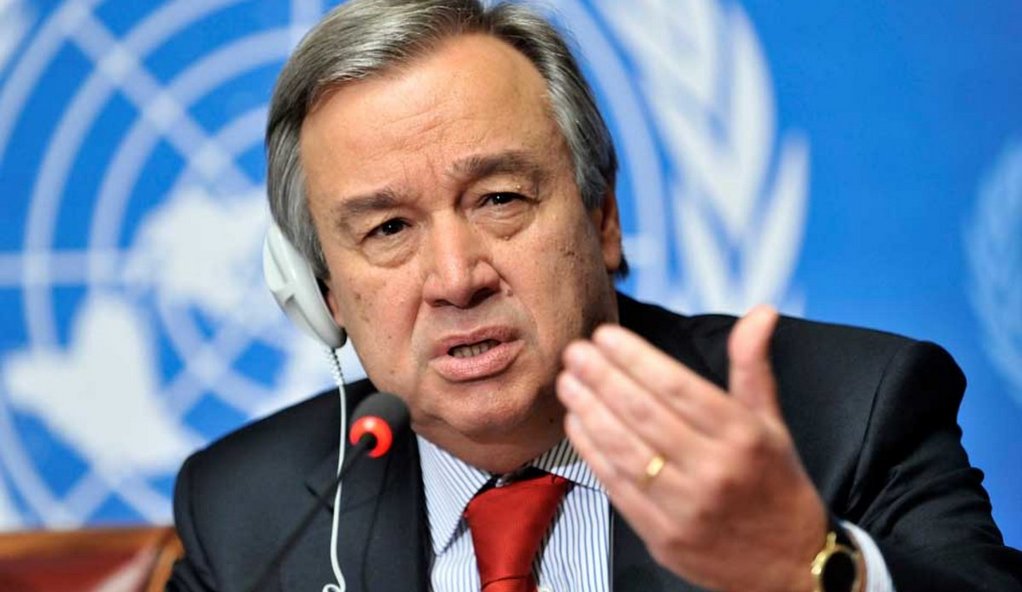Antonio Guterres, the UN Secretary General, said leaders of the G20’s rich nations must aim for net zero “as close as possible” to 2040 while emerging nations should set 2050 targets.
Countries in the G20 have been urged to significantly bring forward their net zero targets by the head of the United Nations.
Speaking at a press conference held to launch a major new climate science report, Antonio Guterres said he was launching an “all-hands-on-deck acceleration agenda” which “starts with parties immediately hitting the fast-forward button on their net zero deadlines to get to global net zero by 2050.
Guterres described the IPCC’s latest report as a “how-to guide” to defuse the ticking climate time-bomb. “It is a survival guide for humanity. As it shows, the 1.5-degree limit is achievable. But it will take a quantum leap in climate action.”
To achieve this, he called on leaders of developed countries to reach net zero “as close as possible to 2040” and said emerging economies should aim for 2050. This was the first time he had made such a plea.
But the vast majority of G20 nations have set weaker targets; just four of the 19 are in line with Guterres’ proposals.
These four – Argentina, Brazil, South Korea and South Africa – are emerging economies that have set 2050 net zero target dates.
China, the world’s biggest polluter, aims to reach net zero by 2060, India aims for 2070 and Indonesia has not yet set a target.
Of the eight rich nations in the G20, none have set 2040 net zero targets. Germany is aiming for 2045 and the others for 2050.
The UK government’s independent climate advisers concluded in 2019 that they “do not currently consider it credible to aim to reach net-zero emissions earlier than 2050”.
He said net zero by 2040 would lead some fossil fuel assets to be shut down earlier than planned, causing losses for their operators, but “they knowingly took on that risk” by building high-carbon facilities “in the face of climate change”.
While most net zero targets are worked out based on how fast an economy can transition, Finland’s was calculated based on the country’s fair share of the amount of carbon dioxide that can still be emitted globally while keeping global warming to 1.5C.
The same analysis found that, in order to fairly limit global warming to 1.5C, Germany and the EU should reach net zero in the early to mid-2030s.
Guterres also called on countries to end all funding for new fossil fuels and to ensure net zero electricity generation by 2035 in developed countries and 2040 in the rest of the world.
Tags: Antonio Guterres, China, G20, India, NetZero, Targets



Recent Posts
Babcock’s LGE Business Secures Contract for Marine Ammonia Fuel System to Advance Shipping Decarbonisation
Associated Terminals Deploys Liebherr’s All-Electric Cranes in Landmark Move Toward Cleaner Cargo Handling
Sanmar delivers fully electric emissions-free tug to major global operator Svitzer
Kolkata Dock deploys first-ever electric mobile cranes
ONGC orders two ethane carriers from Mitsui O.S.K. Lines
IndianOil to Commission India’s Largest Green Hydrogen Plant by 2027
IMI Greater Noida Signs MoU with IME (I) to Launch A New Student Chapter
GCMD Completes World’s First Pilot Demonstrating Full Carbon Value Chain from Ship-Captured CO2 in China